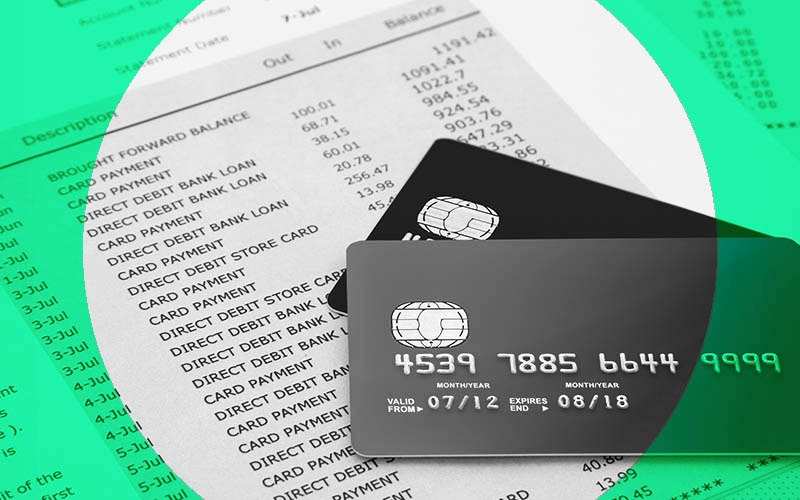7 Essential Things to Check in Your Credit Card Statement to Avoid Financial Loss
As with everything else, the way people spend money has also evolved. In the past, once their cash ran out, people would stop spending. Today, however, credit cards have changed the game, offering users significant convenience. If someone needs to buy something but doesn’t have enough cash, they can easily purchase it on EMI using their credit card.

As with everything else, the way people spend money has also evolved. In the past, once their cash ran out, people would stop spending. Today, however, credit cards have changed the game, offering users significant convenience. If someone needs to buy something but doesn’t have enough cash, they can easily purchase it on EMI using their credit card.

By 2024, India had over 101 million (10 crore) credit card users. While credit cards provide great benefits, using them wisely is essential. Misuse can lead to serious financial issues. A credit card statement is generated every month, and users must pay it within a 30-day limit to avoid penalties. In this article, we’ll explain the 7 crucial things you need to pay attention to when reviewing your credit card statement.

1. Billing and Payment Date
When reviewing your credit card statement, the first thing you should check is the billing date and the payment due date. Typically, you have 20 to 30 days between the billing date and the payment due date, during which no extra charges are applied. If you don’t have enough money to pay the full bill by the due date, you can make a minimum payment. Manage your expenses accordingly to ensure you have enough time to make payments.
Missing a payment can lead to late fees and interest charges, which can also affect your credit score. To avoid this, consider setting up an auto-debit feature for your credit card payments.
2. Outstanding Amount
The outstanding amount shown in your credit card statement represents the total expenses made during the billing cycle, which must be paid before the due date. This amount may include interest charges and additional fees. Overusing your credit limit can negatively affect your credit score. You generally get 10 to 15 days to repay the amount, and in some cases, up to 45 days if your billing date is closer to the end of the month.
3. Minimum Amount Due
Along with the total amount due, your credit card statement will show the minimum amount due. If you've spent more than you can afford to repay at once, you can pay the minimum amount due to keep your card active. However, the remaining balance will roll over to the next billing cycle and incur interest. Since credit card interest rates tend to be high, it's always better to pay off the full bill by the due date to avoid extra charges.
4. Interest Rate and Finance Charges
Ravi Kumar Diwakar, AGM at Bank Bazaar, recommends being aware of the interest rates and finance charges before using your credit card. Interest, also known as the Annual Percentage Rate (APR), is applied when you don’t pay your full bill by the due date and only make the minimum payment. The finance charge on the outstanding amount will be visible in your credit card statement. Paying attention to these details can help you avoid unnecessary interest charges.
5. Other Fees
Your credit card statement will also list various fees, such as annual fees, late payment fees, cash advance fees, and over-limit fees. These fees depend on how you've used your credit card. Be sure to carefully review your statement for any unexpected fees. If you notice any extra charges, contact your credit card issuer or bank to address the issue promptly.
6. Transaction Record
The most crucial part of your credit card statement is the transaction record. This section lists all your purchases and payments, showing when and where you made each transaction. If you spot any unfamiliar or fraudulent transactions, report them to your credit card company or bank immediately. With the rise in credit card fraud, regularly checking your transaction record is a smart way to protect yourself.
7. Reward Points
Many credit cards offer reward points for purchases, which can be redeemed for offers and deals. However, these points come with an expiry date, which is indicated in your statement. By keeping an eye on your reward points and using them before they expire, you can make the most of the benefits offered by your credit card.
